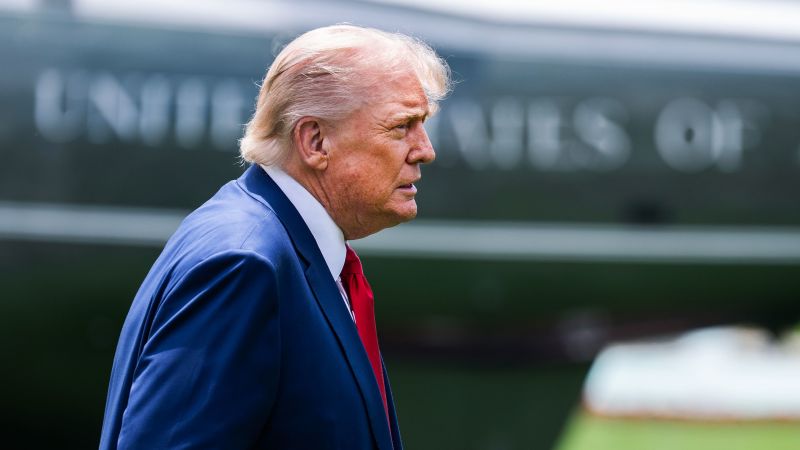President Donald Trump is facing a delicate balance between national security concerns and political considerations as tensions with Iran escalate. Despite his reluctance to engage in a war with Iran, various factors could potentially draw the United States deeper into the conflict. Trump’s rejection of an Israeli plan to target Iran’s Supreme Leader highlights his cautious approach.
The possibility of Iran targeting US bases or international shipping presents a complex scenario where Trump may be pressured to take action to maintain credibility and deterrence. The debate over whether the US should intervene to destroy Iran’s nuclear facilities further complicates the situation, with concerns about unintended consequences and the impact on domestic politics.
Trump’s reluctance to involve the US in a new conflict stems from his “America first” stance and the lessons learned from past military interventions in the Middle East. The pressure on Trump to make a decision is intensifying, with calls for US involvement if diplomatic efforts fail to curb Iran’s nuclear ambitions.
The intricate web of diplomatic, military, and political considerations surrounding the Iran conflict poses a significant challenge for Trump’s leadership. As he grapples with the potential outcomes of his actions or inaction, the Iran crisis looms as a defining issue that could shape his presidency.

